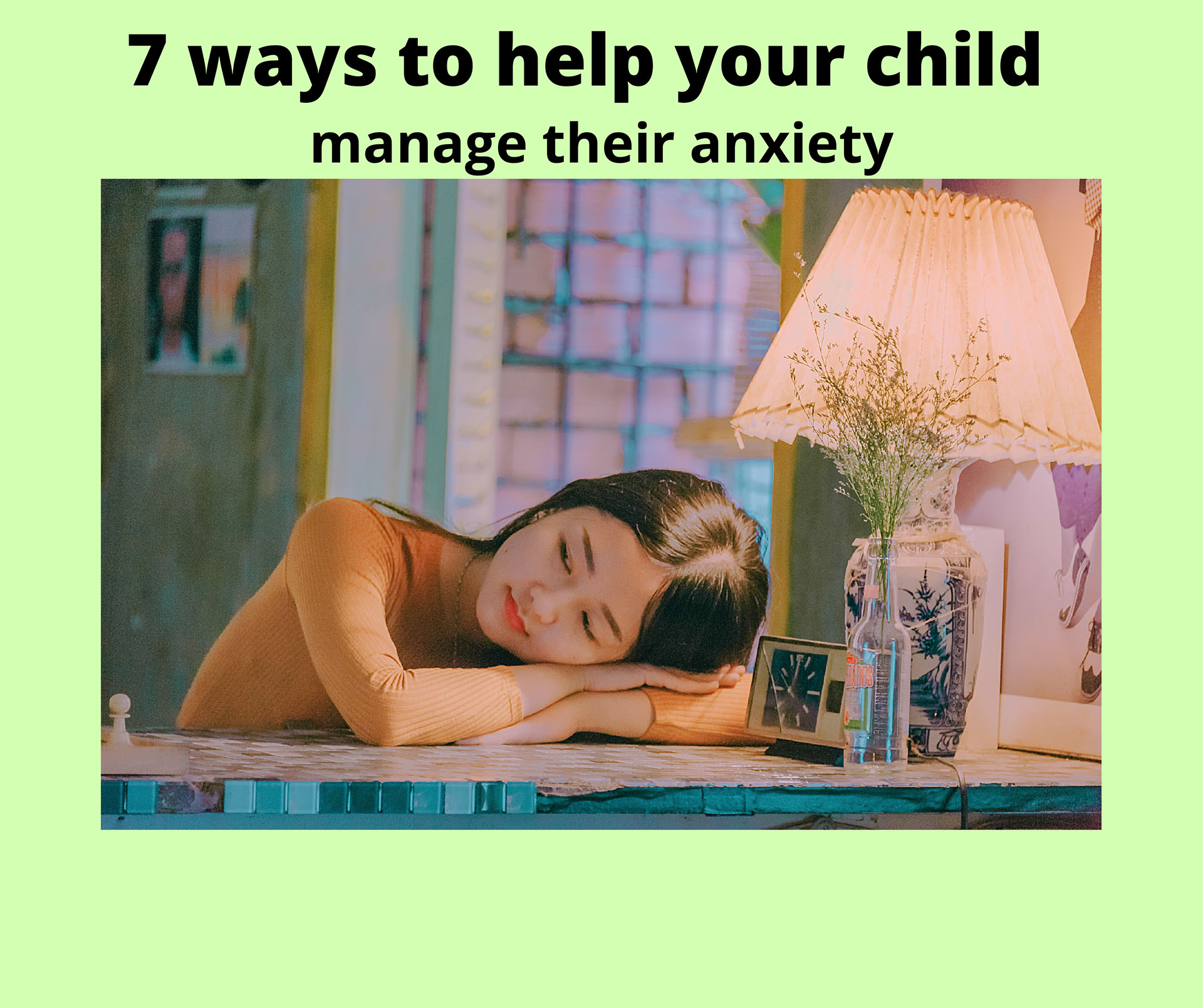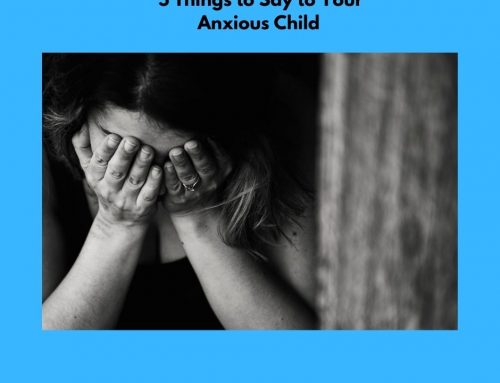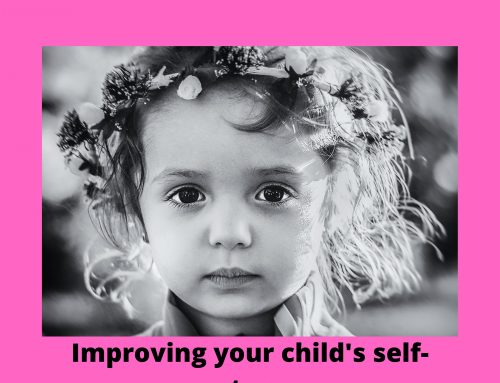When my son started to develop anxiety, it was hard to accept. He had just received a medical diagnosis; he ended up inheriting my heart condition. So, of course, not only did I feel fear for my son, but I also felt intense guilt. He not only had inherited my heart condition, but now he was experiencing anxiety as a result of it. For approximately one year, he would have trouble sleeping or would fall asleep and wake up in the middle of the night. I would sit with him for hours, talking to him, reassuring him and trying to put him at ease. During the day, he was a confident young boy; he did well in school, had lots of friends and seemed happy. But at night, when things got quiet and his thoughts got loud, his anxiety emerged.
It was exhausting and frustrating. I understood where his anxiety was coming from, I mean I’ve had it myself, for the same reasons. However, now that it was my son, I just wanted to shake him and tell him, “Don’t worry! You’ll be ok.” But, my better judgment stopped me from doing that…I mean I knew it wouldn’t work. So instead, I would sit with him. We worked on breathing, relaxation techniques and self-talk. Mostly we talked and mostly I was just there, comforting him. In the end, that’s what seemed to help him the most; just being there. And now, it’s years later, and his nights are good and he holds his anxiety at bay.
Here are 7 techniques that I tried at one point or another with my son. Sometimes they worked and sometimes they didn’t. The times they worked, we felt like anxiety warriors!
- Routines and structure. Establish consistent routines and structure. Routines reduce anxiety and regular daily patterns emphasize predictability. A regular routine will give a sense of control to both parent and child. Anxious children do not cope well with a disorganized, spontaneous life style. Establish a regular bedtime routine consisting of quieter activities which help your child to relax. Provide opportunities for exercise. Exercise is helpful in relieving stress and helping your child’s body relax. It is also important for children to have limits set and consequences for breaking the limits. Children feel secure (without realizing it) when there are limits setting restrictions on inappropriate behaviors.
- Teach Relaxation Skills. Learning relaxation skills will help children feel better when they are anxious, worried or scared. It will help them learn that they have some control over their own bodies rather than being controlled by their anxiety. Relaxation techniques such as meditation, breathing, muscle relaxation, imagery and even self-talk can be very helpful.
- Teach Problem-Solving Strategies. Help your child with their worries and problems by teaching them how to problem-solve by defining the problem, brainstorming all possible solutions and their consequences and choosing the best solution. Don’t jump in too early to help solve your child’s problems. Give your child lots of time to express their negative feelings around worries, listen and acknowledge feelings first, then help them figure out a solution.
- Encourage “Feeling Good” Activities: When children are anxious, encourage them to engage in activities they enjoy such as playing with a favorite toy, doing a fun art or craft activity, doing something active outside, playing a game, reading a book, or playing with friends. Children will often need help and encouragement from their parents to engage in these activities when they are feeling nervous. Daily doses of positive emotions and experiences help to offset stress and help kids do well.
- Provide Soothing and Comforting Strategies: Comforting and soothing a child are very helpful strategies that parents can use in relieving anxiety. These strategies communicate to the child that they are loved and cared for. Verbal reassurance of safety and love, cuddling, holding, massage, singing and telling stories are just some of the strategies that parents can use. Parents may be surprised to realize that children of all ages may sometimes need comforting and soothing that seem to be too “babyish” for the child’s age. However, anxious children do need extra soothing experiences that relax and relieve the tension in their bodies.
- Make a Difference: Sometimes kids worry about big stuff like terrorism, war or global warming. They hear about it at school or on the news. Parents can help by discussing these issues, offering accurate information and correcting any misconceptions kids might have. Try to reassure kids by talking to them about what adults are doing to tackle the problem to keep them safe. Look for things that you can do with your kids to help everyone feel like you’re making a positive difference. Your family can contribute to an organization that works for peace or helps kids in war-torn countries. Or your family might perform community service to give your kids the experience of volunteering. This can help empower your kids.
- What’s on Your Child’s Mind: Be available and take an interest in what’s going on in your child’s life; at school, on the team, with their friends. Take opportunities to ask how things are going. As you listen to stories, ask your child what they think and feel about what happened. Encourage kids to put what’s bothering them into words. Sometimes just sharing the story, can help ease their mind.









